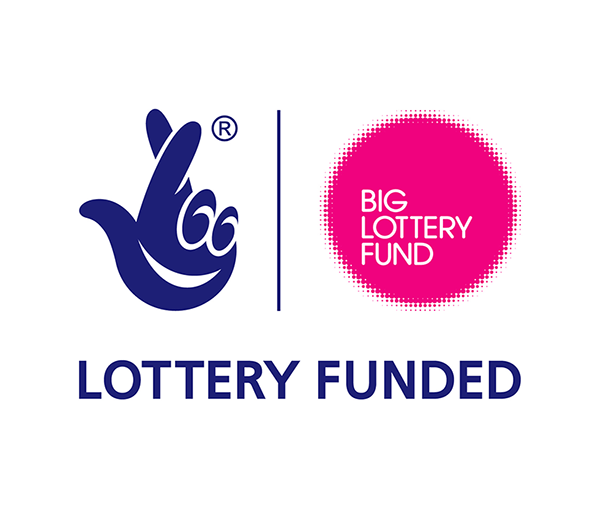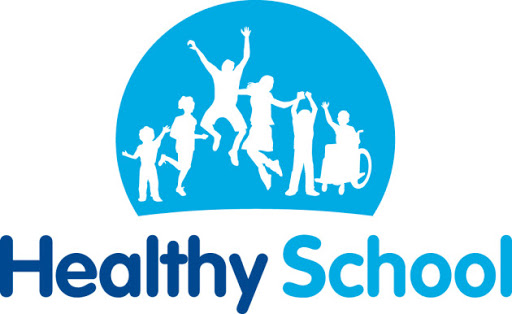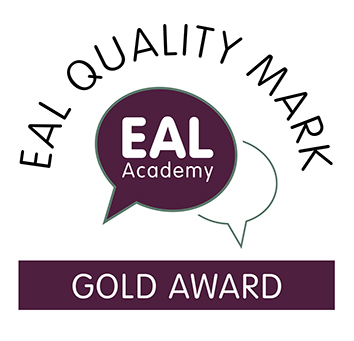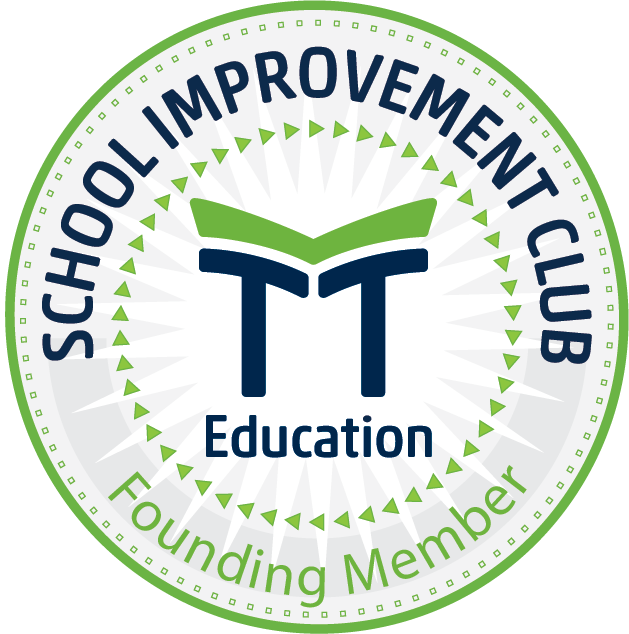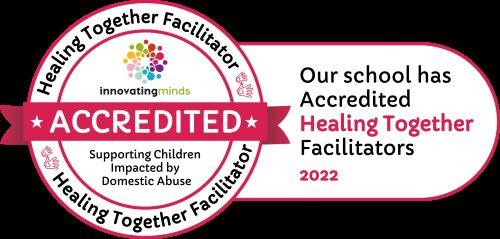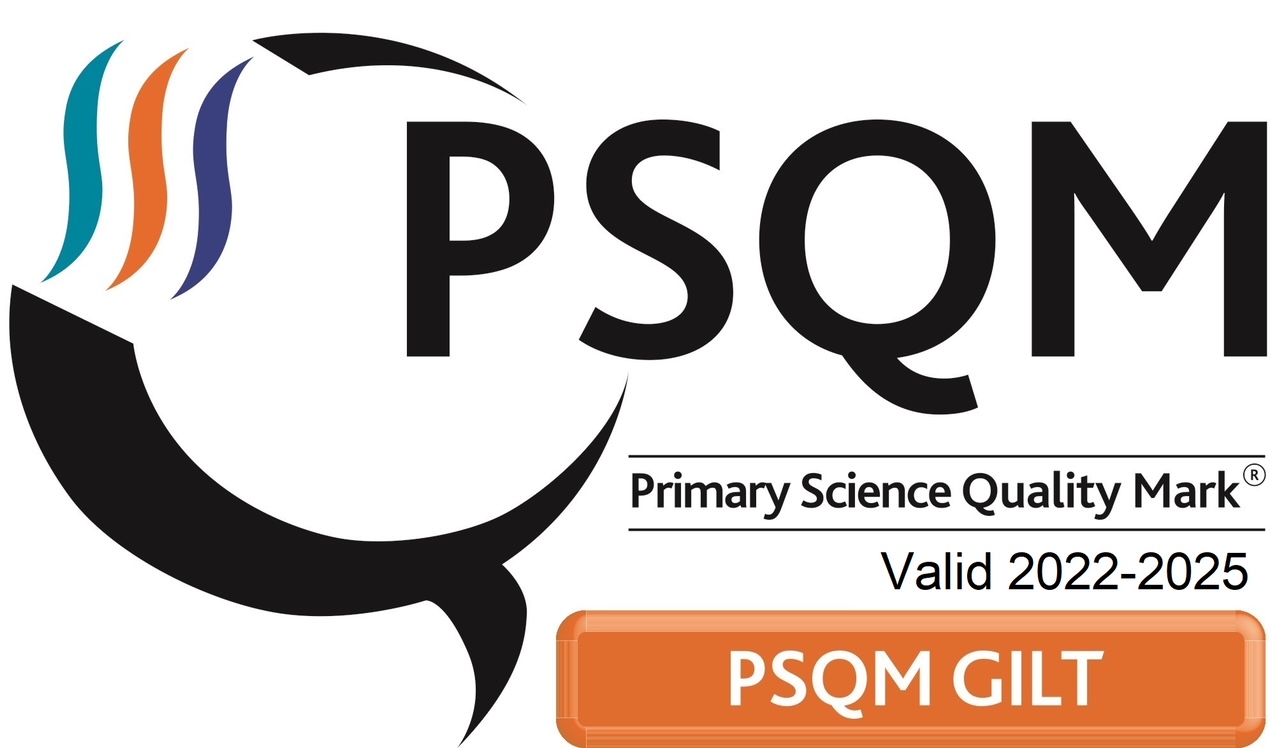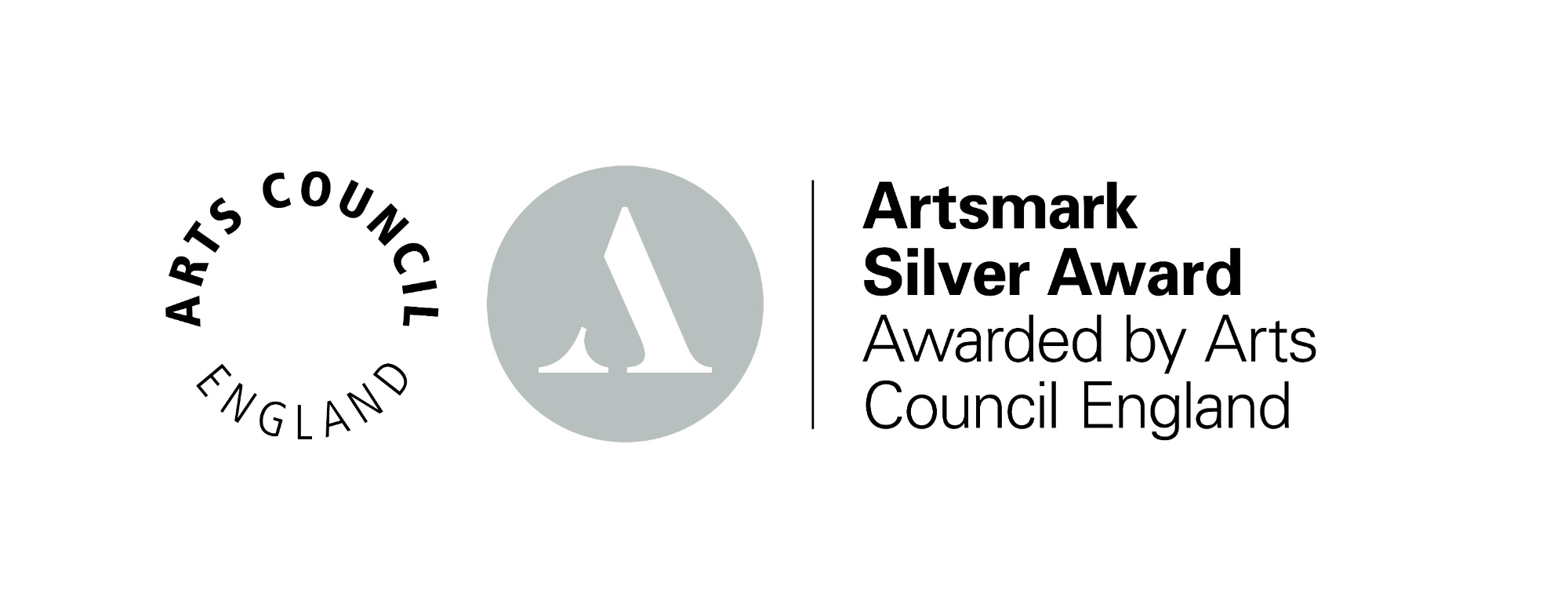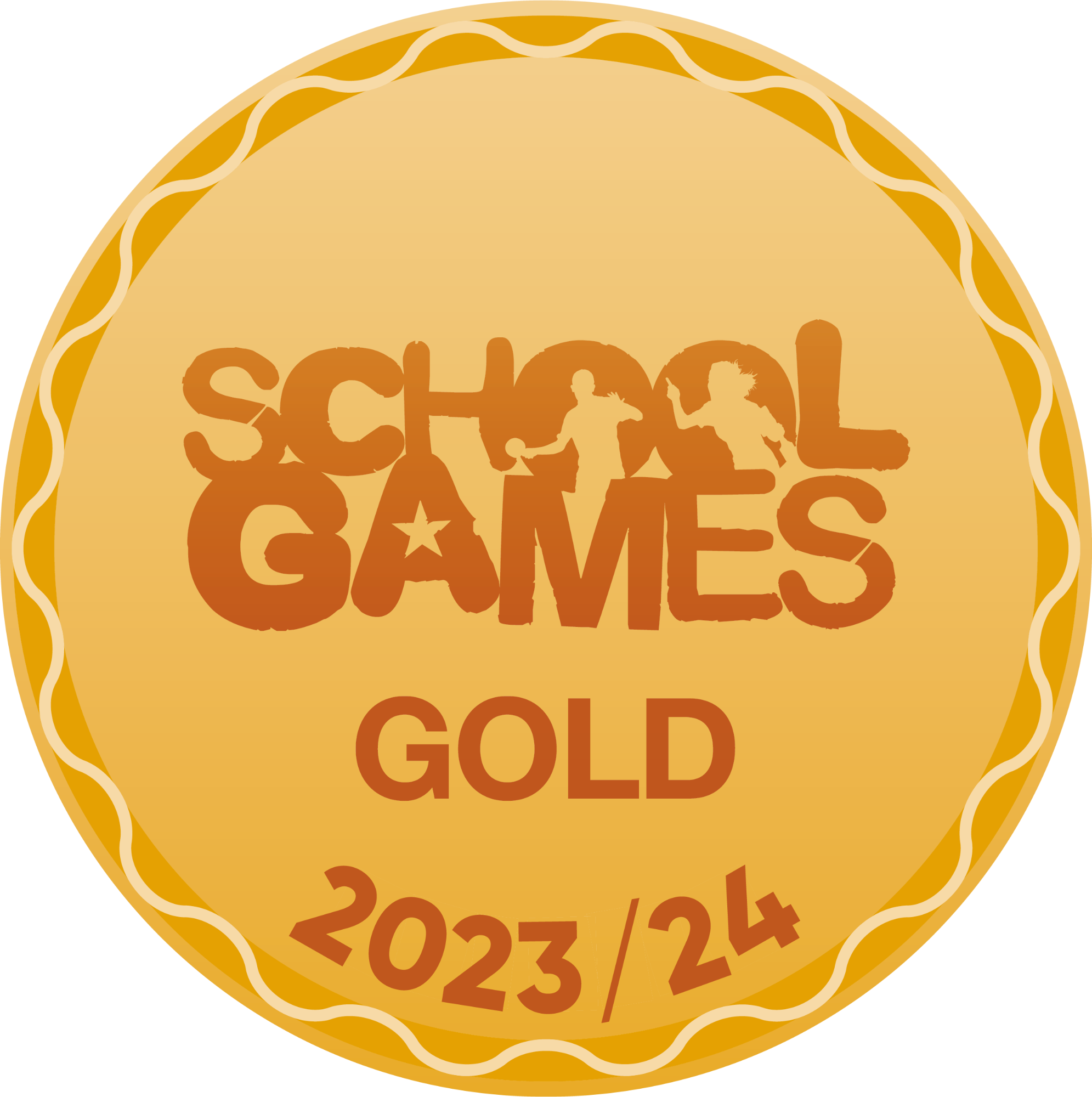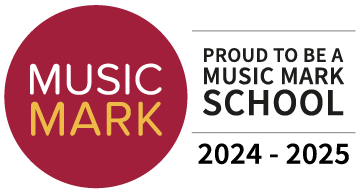Dyslexia Friendly School
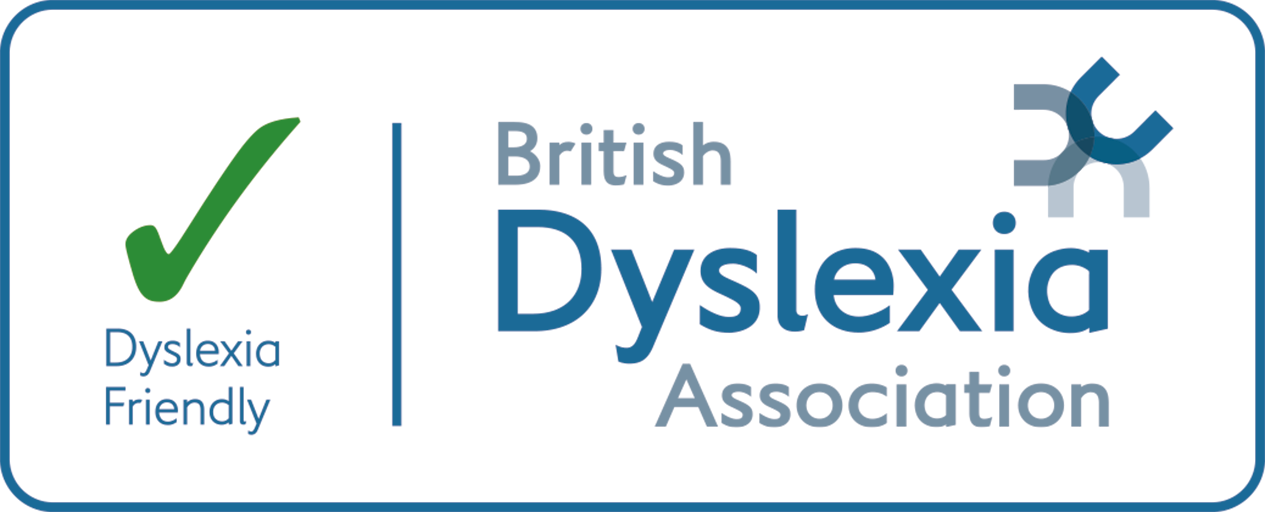
We are a Dyslexia Friendly School !
Hampton Hargate Primary School earned the Dyslexia Friendly School Quality Mark in Autumn 2024. The award is issued to schools or organisations that can demonstrate they provide high quality education and practice for dyslexic individuals.
At Hampton Hargate we recognise that all learners are different.
We have in place dyslexia-friendly strategies that support all children in each classroom:
- We believe that each child should feel good about themselves and their learning.
- Each child is expected to make progress and achieve success.
- We celebrate and recognise our pupils’ successes.
- We incorporate group work, thinking skills and independent life skills for all our pupils.
- We have smart-boards in every classroom.
- We use IT as a tool to support learning.
- All teaching staff are trained in identifying and supporting pupils with dyslexia.
- Pupils are monitored closely to identify areas for support.
- Dyslexia-friendly strategies are employed in all classes.
- We use multi-sensory teaching methods, particularly in literacy and reading.
- Multi-sensory spelling strategies are taught.
- We encourage the use of coloured backgrounds, reading rulers and paper to reduce glare and visual stress.
- A dyslexia-friendly marking policy is in place in all classrooms.
What is Dyslexia?
Dyslexia comes from Greek and means ‘difficulty with words.’ It is more than just difficulty with reading; dyslexic individuals may also have difficulties with spelling, writing, maths, foreign languages, following verbal instructions and with organisation in general. Dyslexia is a ‘Specific Learning Difficulty’ (SpLD) and affects people of all intellectual abilities. Many dyslexic people have associated strengths such as being able to see the ‘bigger picture’, strengths in science, performance, inter-personal skills, creativity, flexible thinking and many other areas.
Only a very small number of young people are severely affected by dyslexia. 1 in 10 children may have mild dyslexic tendencies. This means that with good teaching at school and continued encouragement from home, a child can become quite a confident reader but may continue to have some problems with spelling or other areas. Dyslexia means learning differently, processing and receiving information in a different way. At Hampton Hargate, teachers use multi-sensory methods and find that these are most effective as they make use of all the possible ways to learn.
What does this mean for my child at Hampton Hargate?
Teachers and classroom assistants at Hampton Hargate are trained to spot the indicators of dyslexia. We have thorough assessment procedures in place to identify if a child is having difficulty in any area. Early identification of difficulties means that support can be given, either through careful teaching in class; learning programmes developed by the teacher; support given through additional resources or homework programmes. If difficulties continue, a child will be referred to our in-house Dyslexia Specialist who also liaises with the school SENDCos (Special Educational Needs and Disabilities Co-ordinators). Additional diagnostic testing will be undertaken to identify the area of focus. Children may be referred for reading intervention, additional reading support, offered a place in a booster group and/or given access to an individualised online programme.
Where there are concerns that a child is experiencing barriers to learning related to spelling and reading, a Dyslexia screening is carried out and, if appropriate, a formal assessment will be conducted. However, once identified, good teaching and support from home can reduce the effects of dyslexia. There is no reason why a child with dyslexia should not succeed once the difficulty has been identified and followed up with appropriate teaching across the curriculum. Please contact your child’s teacher if you have any other questions or concerns.
British Dyslexia Association’s primary school checklist
Click HERE for the British Dyslexia Association
Click HERE for the British Dyslexia Association's primary school checklist.
Apps for pupils with dyslexia
Click HERE for a poster which provides details on Apps which can support children with dyslexia. (Please check details as some apps occasionally change from being free to having to be paid for.)

